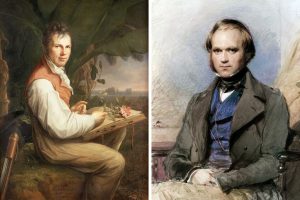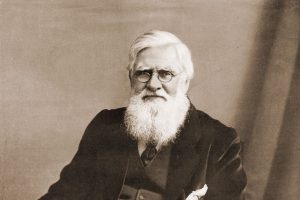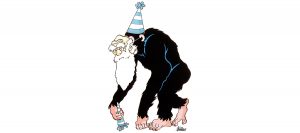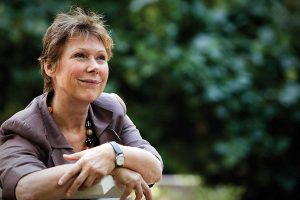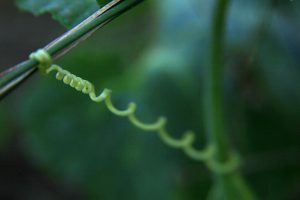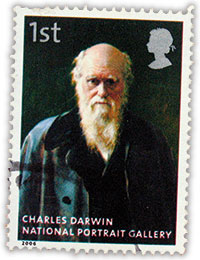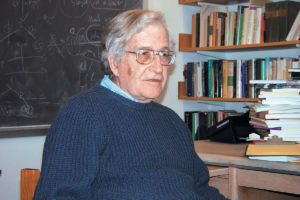Search
Humboldt and Darwin belonged to different generations and their approaches to the study of nature differed. However, they had something in common: their lives were shaken up and changed course after their respective journeys, which marked the starting point of their fruitful scientific careers.
A slow yet extremely reflexive writer We have to recognise it: without Alfred Russel Wallace (1823-1913), Darwin may have never published The Origin of Species. Retired in his house in Down, near London, Darwin puzzled over the problem of the formation of species since he came
Charles Darwin has become the icon of modern biology, and the celebrations held in 2009 contributed to a growth of this perception in public opinion. This article is a review of Darwin as a symbol of modern biology through cartoons and graphic humour.
An interview with the science historian and Charles Darwin biographer
Darwin carried out the first systematized study on the movement of climbing plants. Thanks to molecular analysis we have now begun to understand the genetic bases of circumnutation movement.
Charles Darwin has been, without doubt, one of the most transcendental scientists of all times. Nevertheless, some researchers have objected that his work is based more on the collection of data taken from other sources than fruit of his own research.
The fact that I spent most of my teenage years surrounded by books —my father owned a bookshop— made it possible for me to access some books that were normally out of reach for people my age. Among so many books, some of them had
Noam Avram Chomsky turned the field of linguistics upside down in 1957 when Syntactic Structures was published. He argued that the capacity for language acquisition is innate in humans.
- 1
- 2

